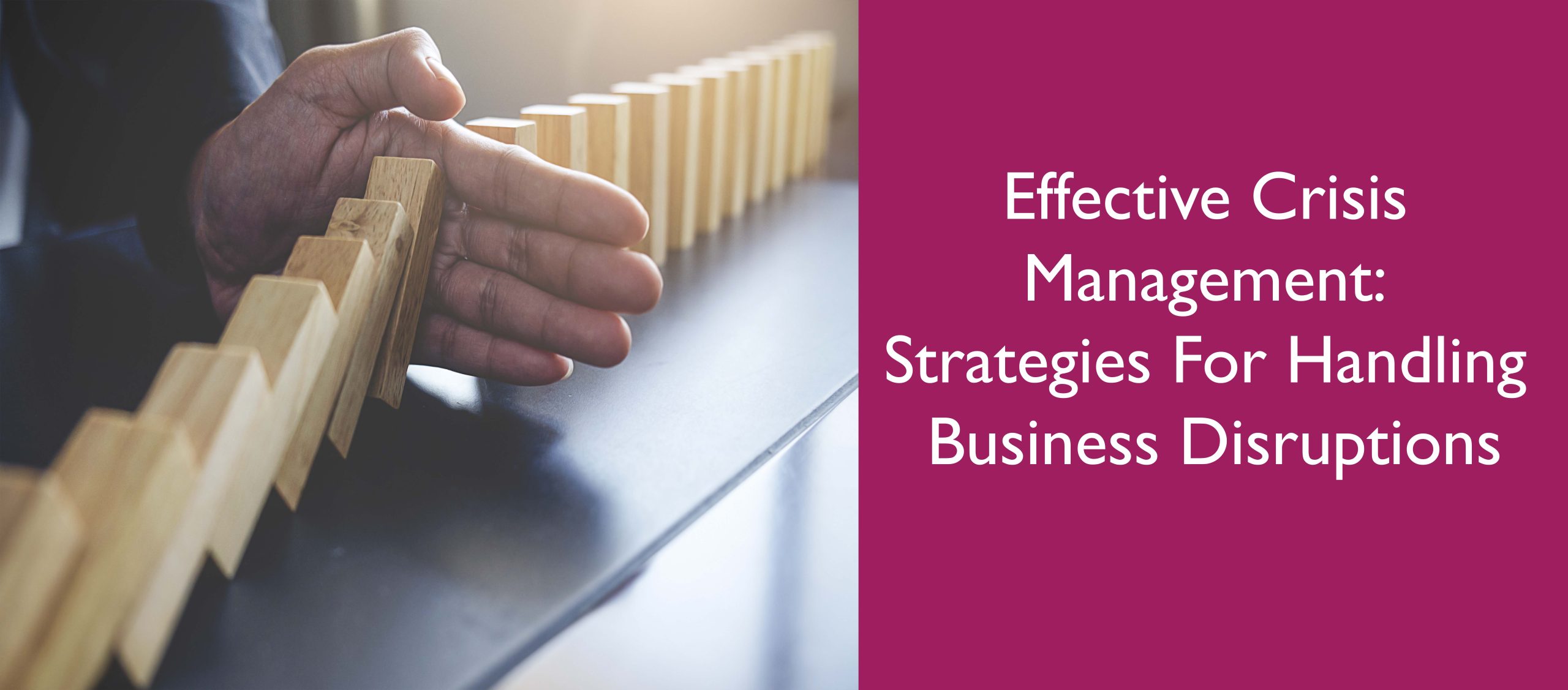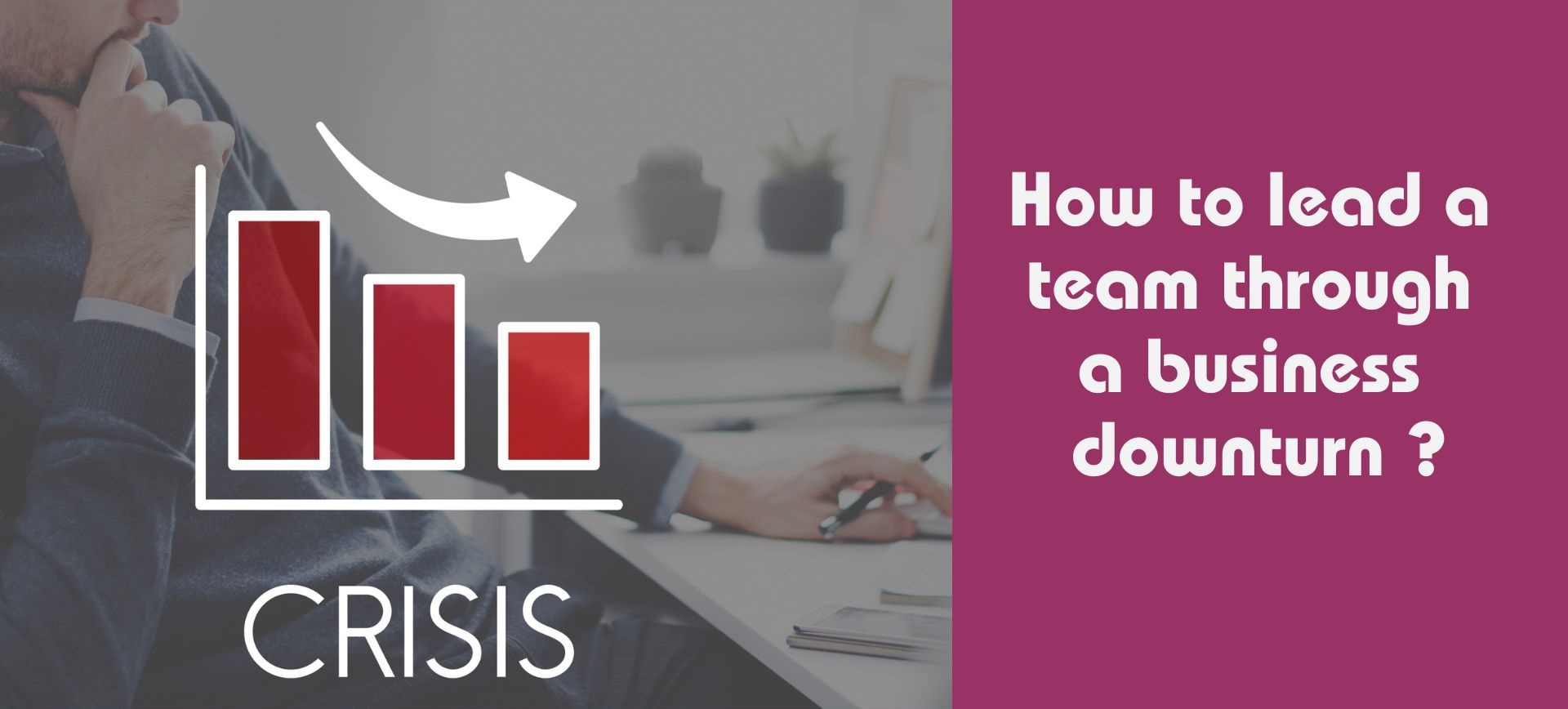
Raymond Cyrus
August 17, 2023
0 Comments

The COVID-19 pandemic is currently the most significant worldwide disruptive event in recent memory. The epidemic has shown many procedural shortcomings, a lack of planning, and poor corporate governance.
While some businesses successfully implemented measures to maintain their operations, others were unfortunate to get adjusted to the "new normal" brought on by the epidemic. When the COVID-19 epidemic hit, many organizations swiftly switched to remote work to up the skills necessary to operate digitally and have video conferences.
Unanticipated crises in Asia have exposed the need for crisis management planning in many firms' cases. Even for businesses with established management plans and strategies, the operational and financial stress caused by lockdowns, limitations, and disruptions put a test on their ability to persevere.
Business executives worldwide are keen to move past the epidemic as it approaches its third anniversary. But very few businesses have taken their lessons from Covid-19 and rigorously institutionalized them. To achieve this, here are some strategies to help your company build solid crisis management techniques.
What Exactly is Business Crisis Management Plan?
A crisis management strategy is a set of procedures intended to assist a company in coping with a sudden, unanticipated incident that could be detrimental to the enterprise. A crisis management plan aims to lessen the impact of the incident and assist the organization in fast returning to normal operations.
A crisis management plan might be activated by various events, including natural catastrophes, data breaches, product recalls, and more. Having a strategy in place may help you be ready to handle anything that comes your way, even if it's hard to forecast when or where a crisis will arise.
Different Stages of Crisis
There are up to four separate phases in a crisis. Crisis planning aims to move from the pre-crisis stage to the post-crisis location as swiftly as possible.
Stage 1: Prodromal (Pre-Crisis)
This is the stage of warning. The incident has yet to happen, and it's possible you weren't even aware it might. This is the moment to evaluate the potential effects of a real crisis on your business operations, personnel, clients, suppliers, and bottom line.
Stage 2: Acute phase (crisis stage)
A crisis management strategy is a collection of processes designed to help a business deal with an unexpected, unplanned occurrence that might harm the business. A crisis management strategy tries to mitigate the effects of the event and help the organization quickly go back to business as usual.
Stage 3: Chronic (Clean-Up)
Either you may exhale in relief at how successfully you managed things, or you have to battle your way through the obstacles of your company. If you didn't make adequate preparations or didn't follow through, this phase may endure indefinitely.
Stage 4: Post-Crisis Response
Companies will use this period as a time to look back and reflect. They do a post-mortem to determine what went wrong, which aids in their brainstorming of improvements for the next crisis.
Powerful Strategies to Resolve Your Business Crisis
Any company's commercial operations might be affected by an unanticipated incident, whether a natural disaster like an ice storm or a major accident in an industrial facility.
After all, your staff members could not report to work in an emergency. The following stages should be considered while you create your plan.
The trick is to plan. Business advisor in USA can prepare the crisis management method with a "what would happen if..." exercise and document the preparations. For a company, this may entail creating a succession plan and admitting that, despite how essential processes are, people are much more crucial. Act promptly, comfort the team, and do what is right in a crisis, even if it is difficult.
The impacted business should anticipate customers' rage and disappointment. These are normal responses, and if the business behaves appropriately, these feelings should gradually pass and be replaced by a rekindled sense of brand loyalty. The company should implement an instant full refund or replacement policy to win clients' trust when customers show up and demand defective items.
It's important to consider worst-case scenarios, so your team can prepare for even the most unexpected challenges that could harm your people and set your business back (such as active shooters or even new government regulations). While there may be apparent threats to your company, it's important to envision worst-case scenarios. A threat assessment is the greatest method for accomplishing this.
Please speak with your attorney about any legal concerns you may be facing and the best way to manage them before all the incident details are known. A "no comment" to the media until you have all the information about the problem may be advised by your attorney. There may be insurance-related difficulties, which your attorneys should also look into. The jury's reaction could not be favorable if the situation leads to civil litigation or criminal investigations.
The stakeholders on a crisis management team should come from various departments, product lines, and locations. Include a communicator, an IT leader, a talent representative, and a person who is familiar with your clients. Get that group together to devise a list of probable emergencies you could encounter. Then, order those to determine which troubles this group should begin preparing for.
Creating a solid communication plan that outlines the team members and their responsibilities is one of the most important steps to consider while managing a crisis. This plan should be given to the whole team and included in a bigger contingency plan. Concentrating on developing practical answers makes the intended result much quicker.
Ensure that your organization has the right workforce in place to guide it through a crisis and adapt. Leaders with experience, self-assurance, and expertise in the industry or company in which the organization operates make a significant difference in how healthy problems are handled. To seek professional advice, you may always get in touch with a business advisor for small businesses.
Conduct "fire drills" in real life. In other words, regularly assess the effectiveness of the safeguards against crises that have been put in place. Use lesser emergencies to check in on the particular departments where the emergency happened and determine what the personnel and systems would have done next if the disaster hadn't been avoided.
One crisis management tip you should pay attention to is that your crisis communication techniques should accurately convey your emergency plan. Whether through written or visual means, your company's shareholders will probably be asking for updates on the internal situation. Regular updates keep investors informed and stop rumors or false information from spreading due to poor communications.
Knowing where you are at risk is the first step in creating a solid crisis management plan. How we conduct business in the current climate has increased risk significantly while providing additional possibilities. Knowing your main risks can help you develop a sound plan to keep you operating and out of long-term rehabilitation.
The team must have the area and supplies necessary to complete their work when a crisis arises. This can entail establishing a designated space where they can work. It can also entail giving employees more time and resources, doing away with routine business activities, or merely giving them the appropriate IT equipment. Ensuring the team has all they require will help guarantee they can manage the situation efficiently.
What are the Benefits of Crisis Management Planning?
Let's discuss a few advantages of establishing a crisis management strategy before an incident occurs:
Safeguard Your Company from Crisis!
No matter what crisis affects your company, poor crisis management has significant reputational and financial consequences that are impossible to measure. A well-thought-out crisis management strategy may protect your company's brand, earnings, and workers while helping you comply with all applicable local laws.
Businesses require a firm guiding hand to navigate through times of uncertainty and volatility. That's where Lean Business Stability comes in. Our purpose is simple yet powerful: to enable businesses to grow rather than merely survive during times of crisis.
We are a Lean business consulting with the best crew of experienced business advisors acquiring knowledge of every industry. They have an experience of more than 20 years to create the best strategy for your business and help you thrive in this fast-paced market. Get in touch today!
Did you come here for something in particular or just general Riker-bashing? And blowing into
Contact Us
10 Oct, 2023

10 Oct, 2023

9 Sep, 2023